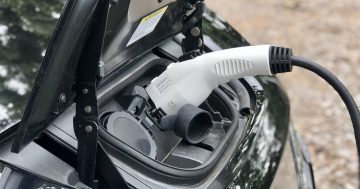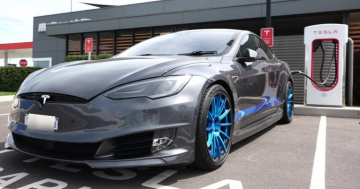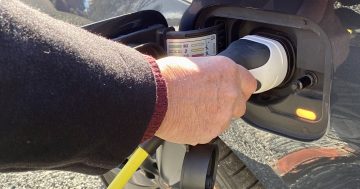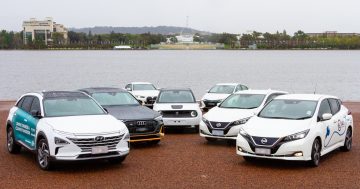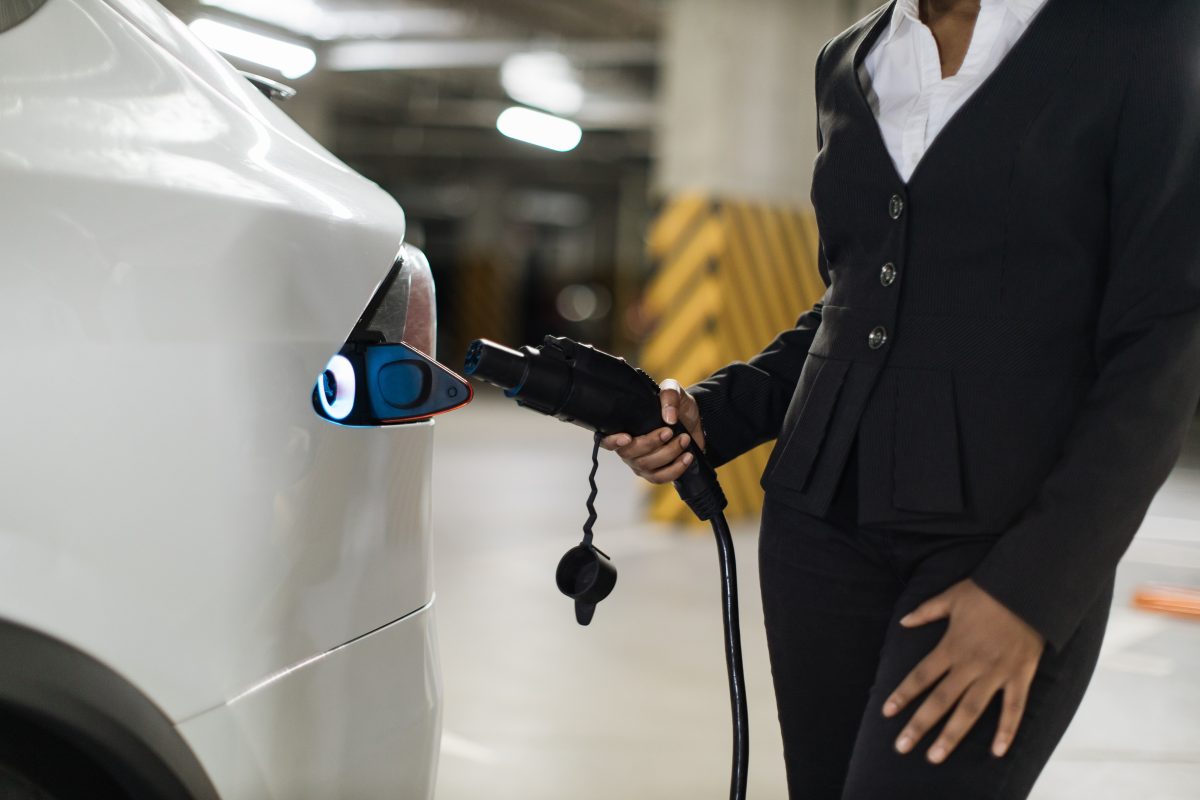
Insurers are keeping a close eye on risks associated with EV batteries. Photo: sofiiashunkina.
As the construction industry continues to grapple with the insurance implications of flammable building cladding, experts are warning of an emerging risk – EV batteries.
The Electric Vehicle Council reported that as of the end of June 2023, the number of EVs sold in Australia was almost three times higher than the same period in 2022, and EVs represented 8.4 per cent of all new cars sold in Australia – a 120 per cent increase compared to 2022.
With the surge in EV sales, allinsure’s Lara Morgan says owners’ corporations and commercial property owners should be aware of the consequences of lithium-ion battery fires.
She expects this will be the next focus for insurers in the near future.
“If a lithium-ion battery catches alight in an apartment basement and, knowing that the fire can’t be put out quickly, aside from property damage there are widespread implications including the toxic fumes that are emitted,” she says.
“Further considerations on whether the complex would have to be evacuated and whether there needs to be temporary accommodation for unit occupants is needed.”
Lara says while there haven’t been significant premium increases yet, insurers are conducting more thorough risk assessments of complexes with portable and permanent EV charging stations to ensure risk mitigations are in place.
Possible considerations include ensuring charging areas are free of combustibles, installing appropriate fire protection and securing a commitment from strata managers to conduct regular compliance checks.
Some insurers are, however, beginning to take a more direct approach by imposing higher fire excesses for complexes with EV batteries.
To prevent catastrophic loss and help keep insurers happy, Lara advises clients to become familiar with the risks themselves.

Allinsure’s Lara Morgan says there are ways to help minimise exposure to the risks of EV battery fires. Photo: Daniella Jukic.
Lithium-ion batteries power everything from smartphones, vacuum cleaners, laptops, to scooters and electric vehicles.
“Lithion-ion fires can start for any number of reasons – overheating, incorrect use of charger, damage to the battery if dropped or involved in an accident or even being exposed to high external temperatures,” she says.
“All of these factors can result in the battery failing and potentially causing a fire, and once they start, they’re incredibly hard to put out because they burn at such high temperatures.
“It’s important people don’t just go out and purchase their own chargers without being aware of the risks and the potential implications to insurance and, in the case of strata titled properties, not letting owner’s corporations know. Owning your own charger and not storing or using it correctly could expose you and those around you to those risks.
“Even if your strata title does consider your EV battery, remember that in the event of a fire the strata insurance will only cover the fire damage to the complex itself. It won’t cover your vehicle or contents.”
Lara says as living with electric vehicles becomes more popular, associated building regulations will likely evolve, and developers of new complexes will need to comply with additional new fire protection standards.
Noting recent updated building code requirements, which may cause challenges to those implementing the ACT Government’s “Making Your Strata EV Ready” program, it will be more challenging to retrofit older buildings.
“EV technology is still an emerging technology. The uptake indicates that people want to do the right thing by the planet. We just have to ensure we’re thinking of risks associated with these items,” she says.
“Public advice literature currently available fails to address a need to consider the associated increased risk of fire.
“If in doubt, consult your trusted insurance adviser. Allinsure are strata experts, and always available to provide strata managers and owners’ corporations with advice to help navigate these new emerging risks.”
For more information, contact allinsure.












